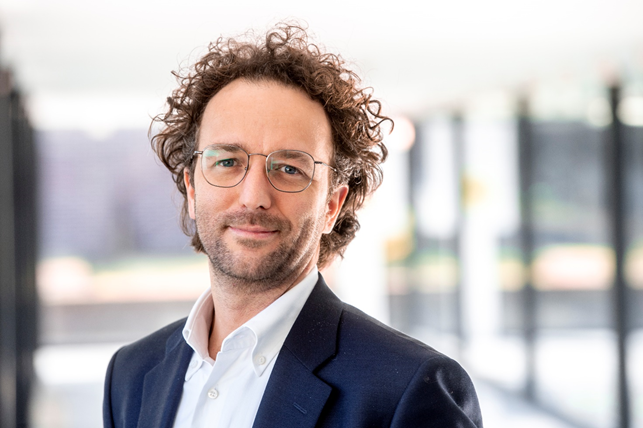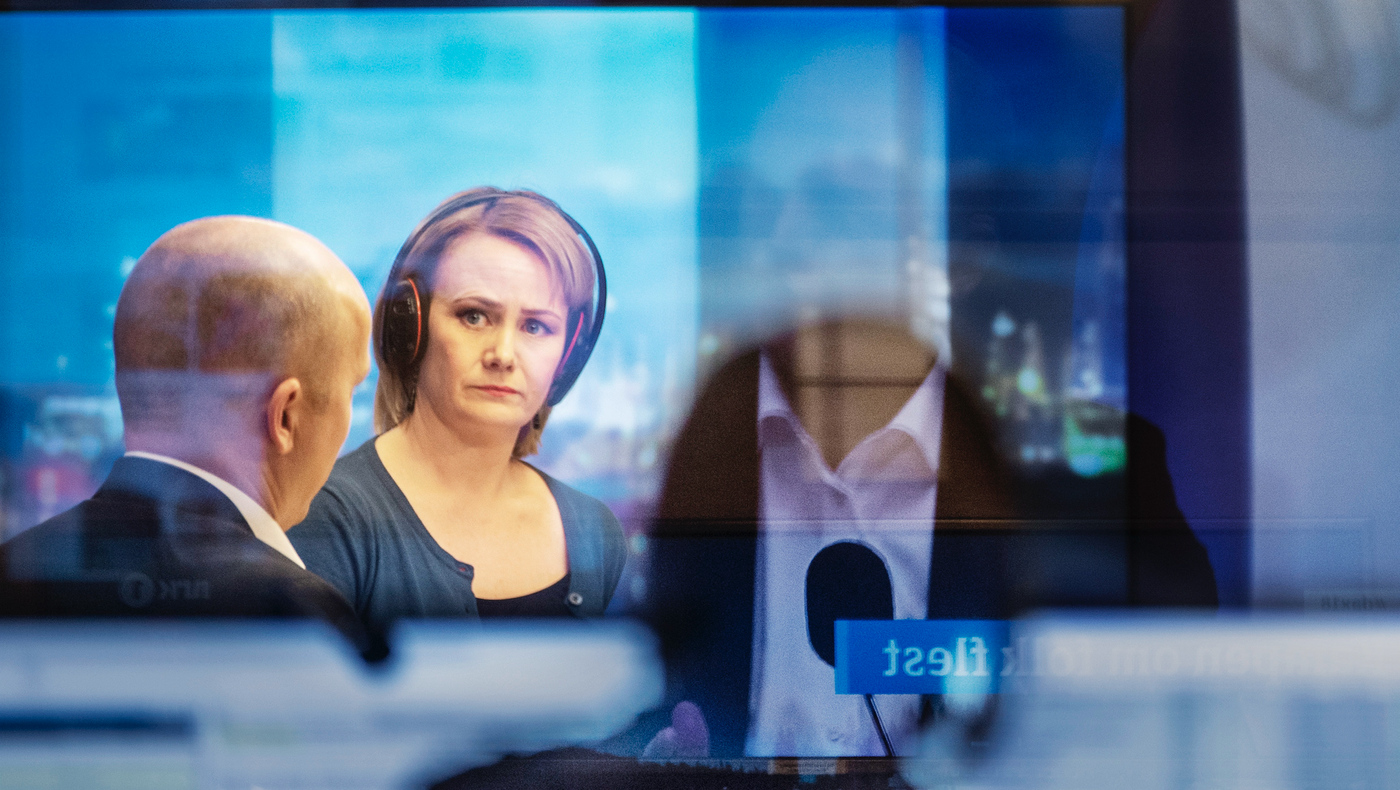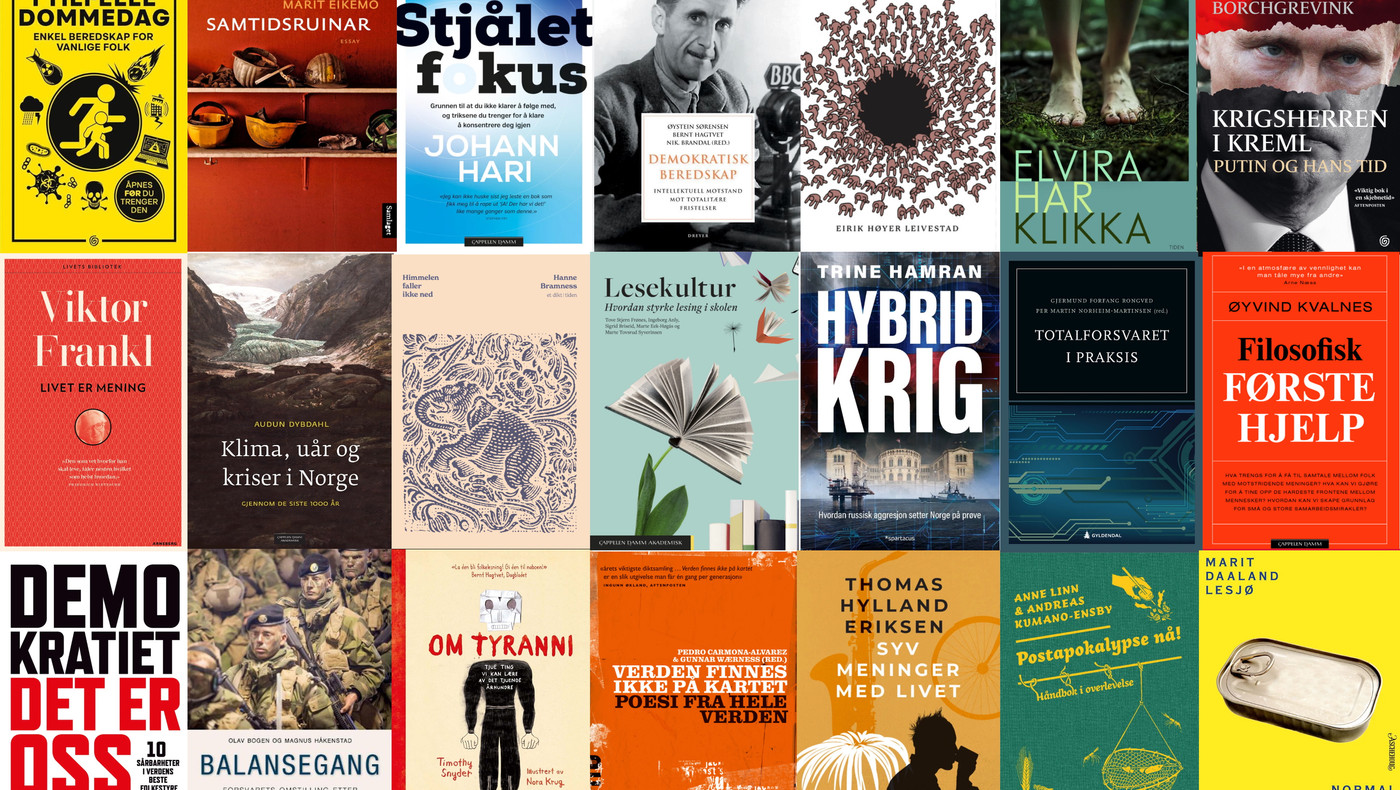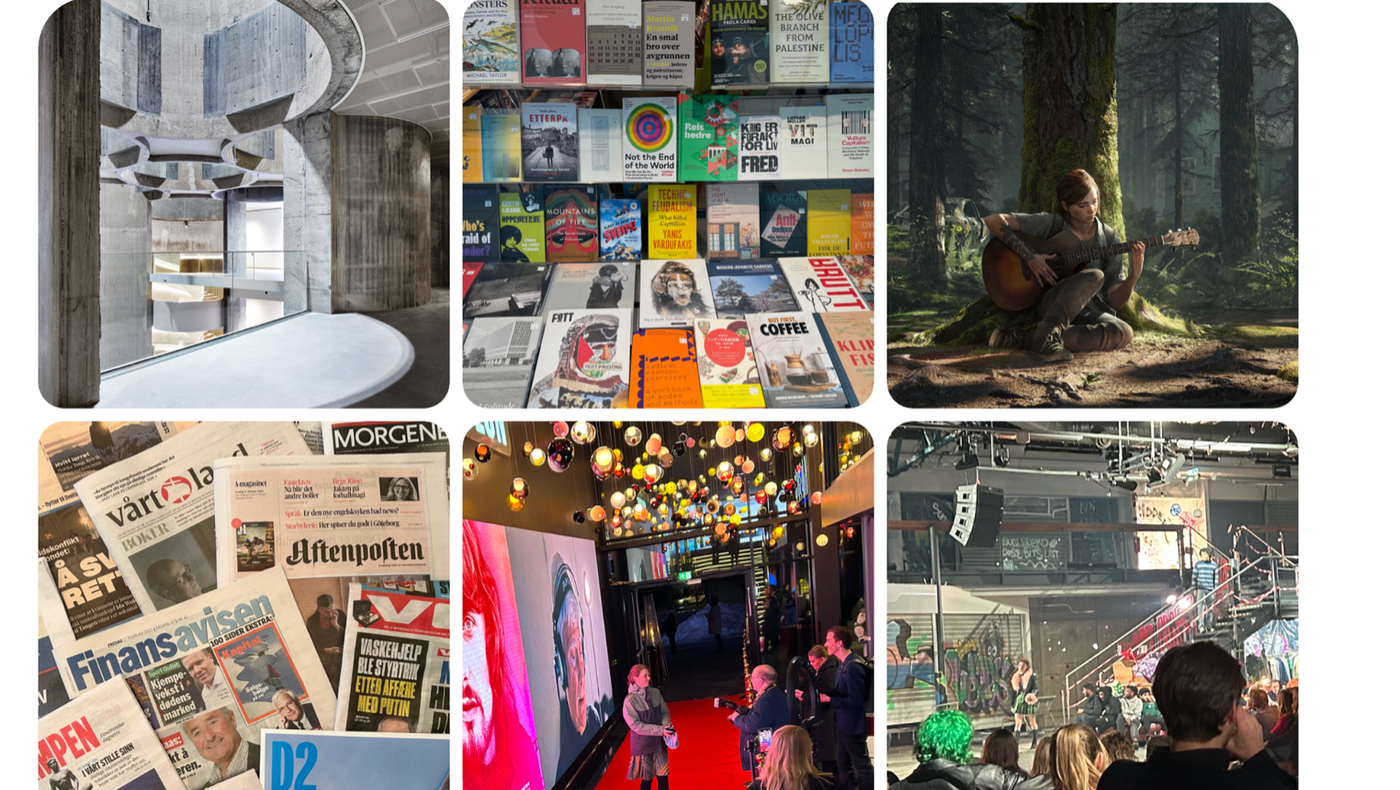Civitates grant: The real story behind the anti-migration noise in Italy
As the European Union heads into a pivotal election year, sixteen philanthropic foundations including Fritt Ord have come together to form Civitates. Civitates is a consortium that provides funding for civil society actors to come together and revitalise public discourse. In the coming weeks we’ll be sharing the stories of some of our grant recipients.
Good communication is key in the twenty-first century to informing public opinion. As the debate over refugees and migrants has become ever more polarized in Italy, Civitates has funded projects of support for civil society organizations which have found themselves on the frontline of humanitarian action and of efforts to try to explain the real story behind the anti-migration noise to the public and politicians.
Andrea Menapace from the Italian Coalition for Civil Liberties and Rights explains why it is vital to boost NGO communication on migration to the “undecided and persuadable middle”. “The political climate is more divisive than ever,” says Menapace, whose organization leads a coalition of NGOs pushing for change. Mainstream journalists and newspapers have been directly attacked for criticizing the government’s policies on migration and there has been a rise in racist and xenophobic violence in Italy.
Yet, among the doom and gloom, there is a hope, he insists, citing a study on national identity, refugees and migrants that shows Italians fall into seven different groups on the issue. Twenty-four per cent reveal themselves to be hostile to open society values, 28% can be considered allies of NGOs, while 48% are part of a silent, anxious and undecided “middle”. It is this group the coalition plans to target with its communications campaign.
Narrative change
More concretely, this means working on a broader mandate of defending the rule of law and the fundamental principles of an open society, rather than focusing just on migration, explains Menapace. “Civic space is something that matters for everyone.”
To achieve this, the NGOs are working on “narrative change and building a coalition to examine how we talk about the problem of migration and refugees,” he says. “More and more it is not a debate about the people who are coming to Europe, but about who we are as a society,” adds Menapace. “Italy has always been seen as a country from which people emigrated, not one to which people migrated. This has changed dramatically.”
Menapace and his colleagues want Italy and its people to debate these issues with facts and stop the civil space being overtaken by the toxic, xenophobic rhetoric of certain politicians. They are creating a positive core narrative that they will use to engage with a wide variety of groups, including trade unions, young people and religious organizations, and will examine how best to communicate with each group.
“NGOs generally have little communications capacity and tend to give messages based on their own values,” says Menapace. “We need to think differently, use new messages and voices.” He cites young business leaders or sports stars who originally arrived in Italy as migrants themselves as potential new voices to lead this debate.
Capacity building
To enable civil society organizations to make the most of this change of direction, the emphasis will be on capacity building and opportunities to experiment with different ways of communicating with new audiences. This will include a series of strategic trainings and workshops to generate a deep analysis of the current political situation, with a focus on common values and developing a shared language.
And it is important for the NGOs to ensure that the group they are ultimately trying to help is at the heart of the campaign. It will therefore include a mentoring program focused on migrants and second-generation immigrants and other unrepresented or misrepresented groups. The plan is to develop a series of training activities to help them become effective messengers, provide them with opportunities to spread their thoughts and ideas, and to create a community of practice, peer-to-peer learning and exchange between these groups.
There are unlikely to be any quick wins and changing the narrative and opinions in the middle ground will take lots of time and energy. But Menapace is optimistic that the NGO campaign will make a real difference, not just terms of discussions around migration and other minorities, but to stop civic space shrinking in Italy and opening up new conversations and ways of thinking.
About Civitates
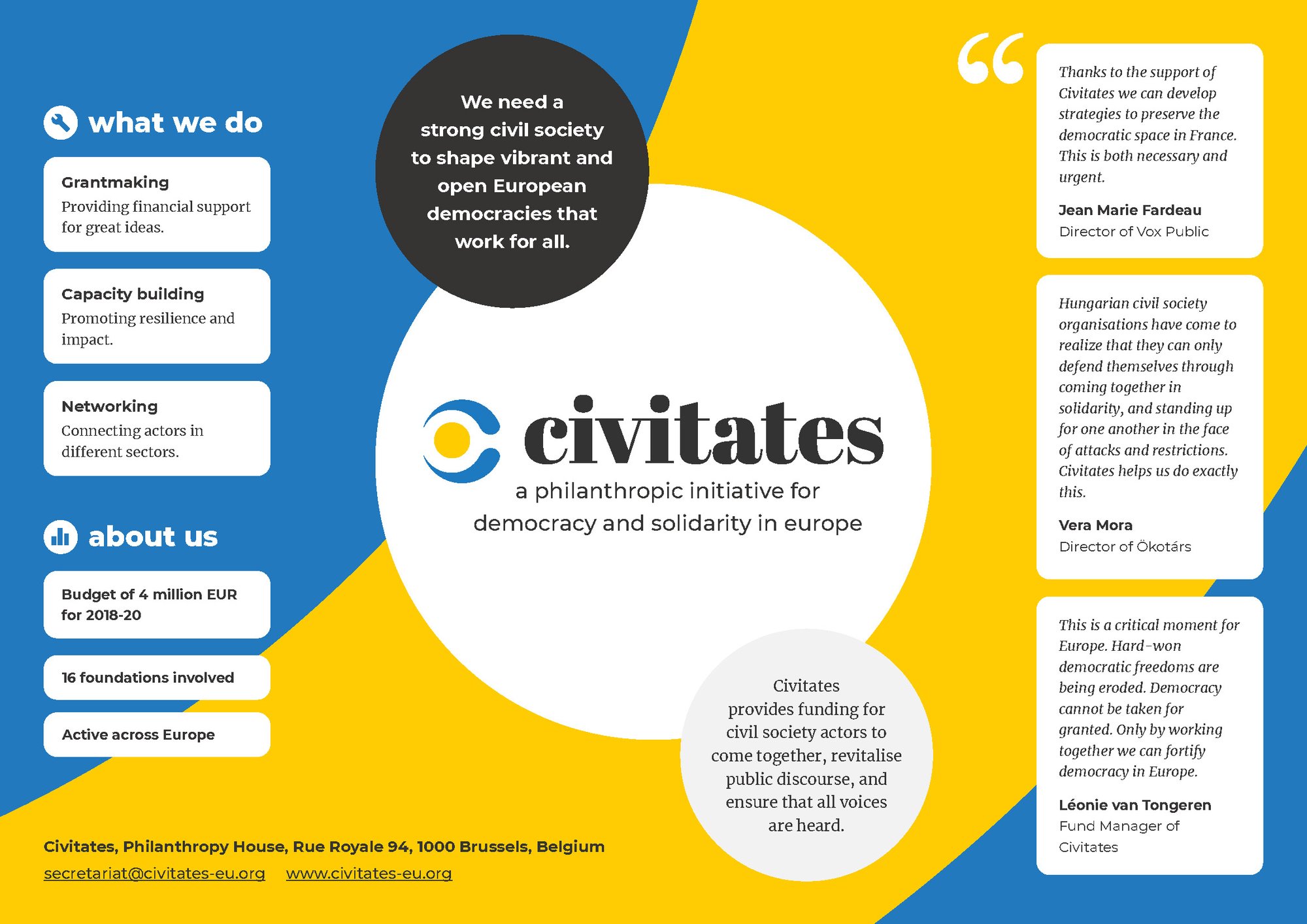
www.civitates-eu.org
Civitates is a philanthropic initiative for democracy and solidarity in Europe. It provides funding for civil society actors to come together, revitalize public discourse, and ensure that all voices are heard. One of Civitates’ activities is strengthening the capacity of civil society actors, collectively and more effectively.
The 16 members of the consortium are: Adessium Foundation, Stefan Batory Foundation, Bertelsmann Stiftung, European Cultural Foundation, ERSTE Stiftung, Fondation de France, Fritt Ord, King Baudouin Foundation, Körber Stiftung, Luminate, Mott Foundation, Nicolas Puech Foundation, Oak Foundation, Open Society Foundations, Robert Bosch Stiftung, and Stiftung Mercator.
